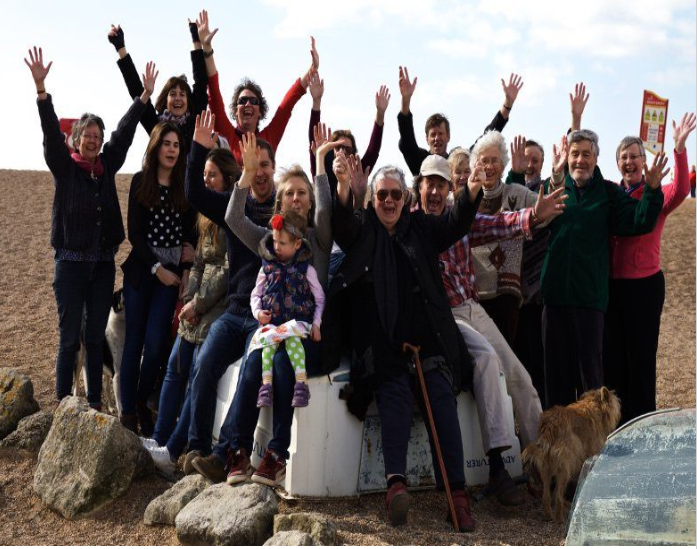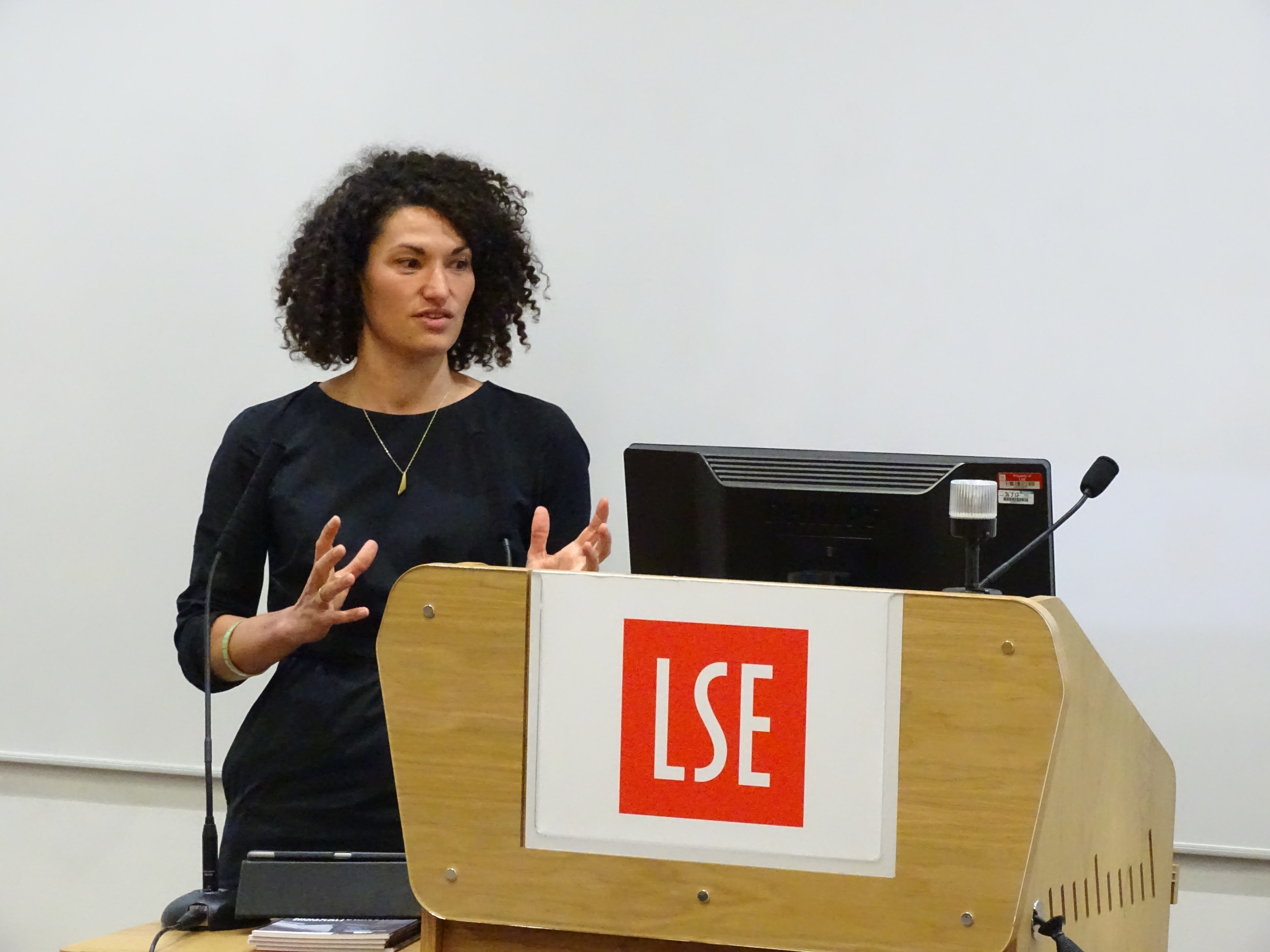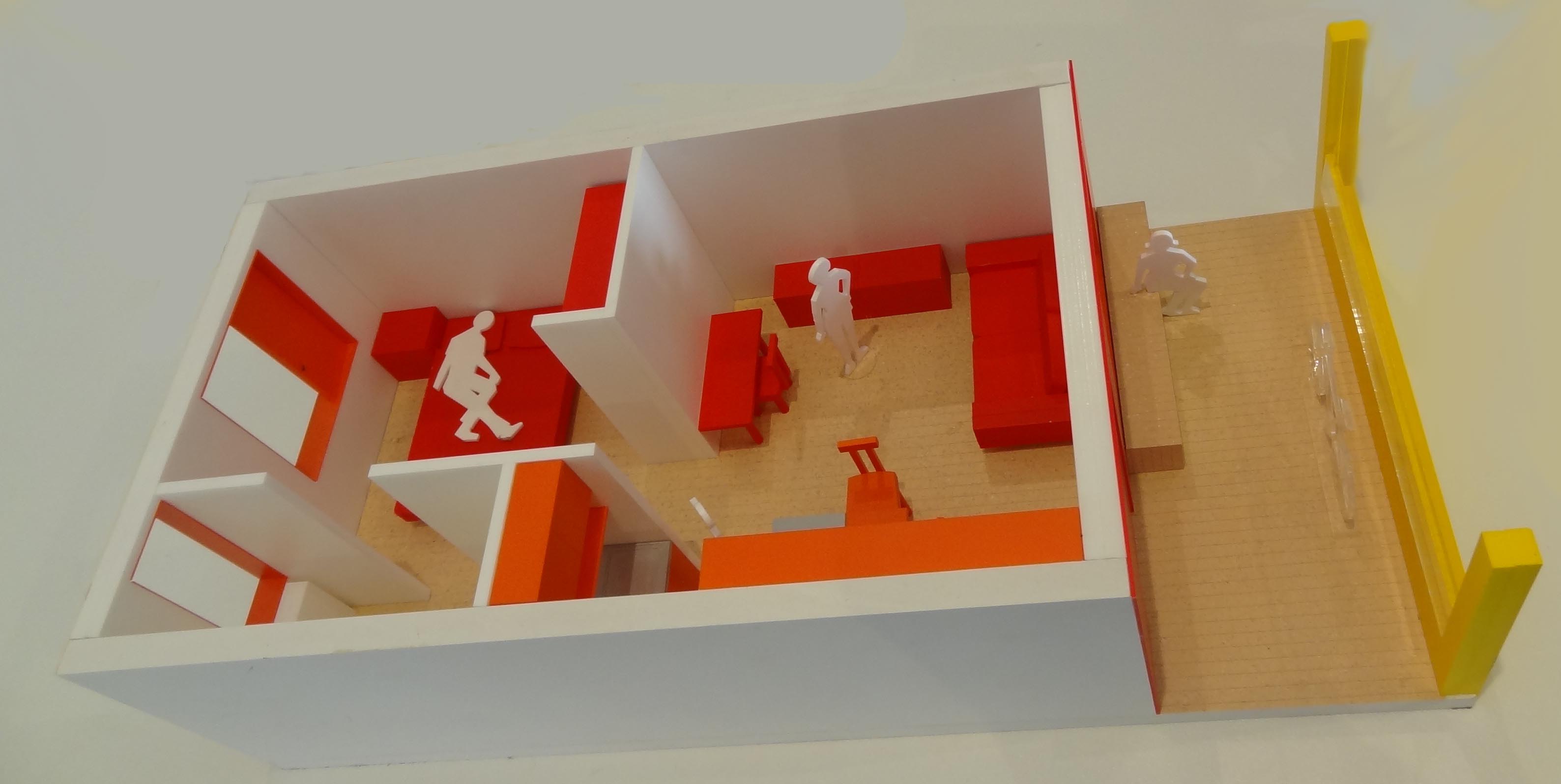LSE London’s Kath Scanlon, together with Melissa Fernández Arrigoitia (Lancaster University), Jim Hudson (UCL), and Swaiba Saeed (LSE) conducted a research project for Bridport Cohousing in Dorset. The report, entitled ‘The wider benefits of cohousing: the case of Bridport’, explores how Bridport can be expected to benefit its wider neighbourhood and community. Linking this case study to the broader literature, the authors hope the lessons will be relevant to prospective developments elsewhere in the UK and in other geographies experimenting with this model of housing.

Bridport Cohousing (BC) in Dorset plans to build a new cohousing scheme consisting of 53 all-affordable units (26 affordable rent, 27 shared ownership; all at 80% of market price/rent or less). The development will be structured as a community benefit society. The project is well underway: the group has identified and purchased a site and has received planning permission for their scheme.
Current research on cohousing schemes in the UK and abroad highlight some of their social benefits, including providing affordable housing; adding to local housing supply; offering amenities and facilities for the local community; contributing to neighbourhood cohesion and civil society; acting as a ‘social laboratory’; promoting environmental sustainability and contributing to climate resilience; reducing demand for public services; and creating a sense of place.
As a founding principle, BC committed to providing affordable housing. The group has adopted a household income ceiling of £50,000 per annum. While this is low for a two-income household in the London context, it is not the case in Bridport. BC also provides a tangible amenity with its formal agreement with the adjoining Bridport Community Hospital which will provide six homes for NHS staff as well as parking allocation for the hospital. The group also contributes to neighbourhood cohesion and civil society with a wide local network of supporters and overlapping groups including businesses, other community-led housing projects in the region, and local campaign groups. As the largest cohousing scheme in the UK to date, Bridport as a ‘social laboratory’ in terms of scale, physical design, and innovative governance. The scheme’s sustainability impact through ecological design and the sharing of resources has been a central tenet since the group’s inception. BC is also set to reduce demand for social and healthcare services, an incidental benefit of the group’s decision to build a strong, mutually supportive community is especially important for older members whose family and close friends are widely geographically spread. Finally, shared facilities and spaces were part of the design making practices thus reducing not only their ecological impact but also affordability.
Click here to access the full length report.





